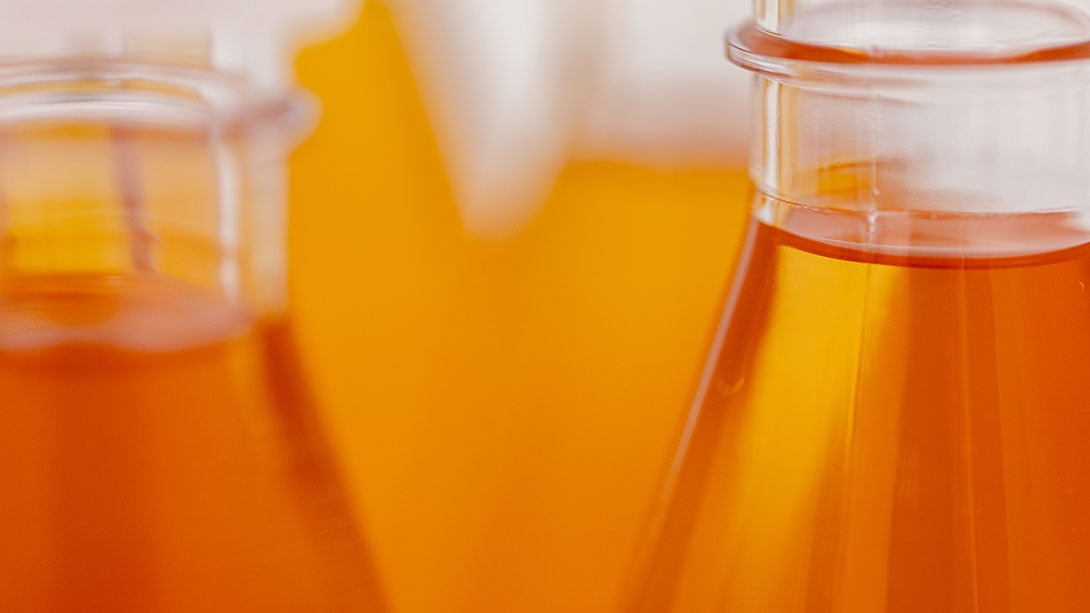The Finnish forest industry prides itself on its “Green Gold”, but the treasures of timber go well beyond the average wood products. Metsä Fibre, for instance, is one of the world’s leading producers of pine-based biochemicals, such as Crude Sulphate Turpentine (CST), to be used in a wide range of applications and industries.
Metsä CST is a compound which in its numerous further processing states can be found as aroma chemicals in fragrances and cosmetics as well as in industrial and household cleaners.
One of the companies that has come to depend on Metsä Fibre’s CST-related expertise is DRT – part of the Firmenich Group.
DRT’s forte lies in recovering and purifying alpha and beta pines present in CST – and then carrying out chemical transformations to address several markets ranging from fragrances to chewing gum.
Rob du Chatenier, Marketing Manager for DRT, says that hygiene products and packaging are the biggest market segments from the perspective of CST.
“The sustainability angle is more and more important to consumers and companies alike, and instead of oil-based products, the focus is turning to greener products,” he says.

Better tyre performance with Metsä CST
An almost futuristic example of this is the automobile. With the advent of electrical cars, the attention is turning to any and all features of the vehicle.
Tyre performance requirements will change, and CST-based derivatives could enhance performance. Combined with the sustainability angle, this is an attractive value proposition, providing we can do it cost-effectively.
Eric Moussu, Commercial Director at DRT, says that the sustainable vision of electric cars using green tyres is closer than we might think.
“The global tyre market is huge and there is an enormous amount of innovation present in the automotive industry.”
Tyre manufacturing – a long product development process
Moussu acknowledges that the tyre market has its share of challenges: it is rather complex and very tightly regulated – as it needs to be, since it concerns people’s safety.
Then there is the pipeline dilemma: developing a CST tyre takes 18–24 months, so time to market is far from instantaneous. And once fitted to cars, the tyres will be used, on average, for 5–9 years.
“The tyre manufacturers need suppliers like DRT who can guarantee the quality and volume of the raw material in the long run. Therefore, security of supply is extremely important,” Moussu says.
This implies that DRT need CST suppliers who can offer the same. Naturally, also stability and high product quality – as well as predictable pricing – are also required.
From the perspective of the DRT and Metsä Fibre partnership, tyres containing CST derivatives are one key area for future development. Both parties understand that over-night success is not on the cards in the tyre business, but with long-term effort it is possible to achieve great things.
“Through proper commitment from the two companies, CST as a raw material for the tyre market may prove to be very beneficial for both,” says du Chatenier.
This article was originally published in Fibre Magazine issue 2020–2021. Read the whole article.
